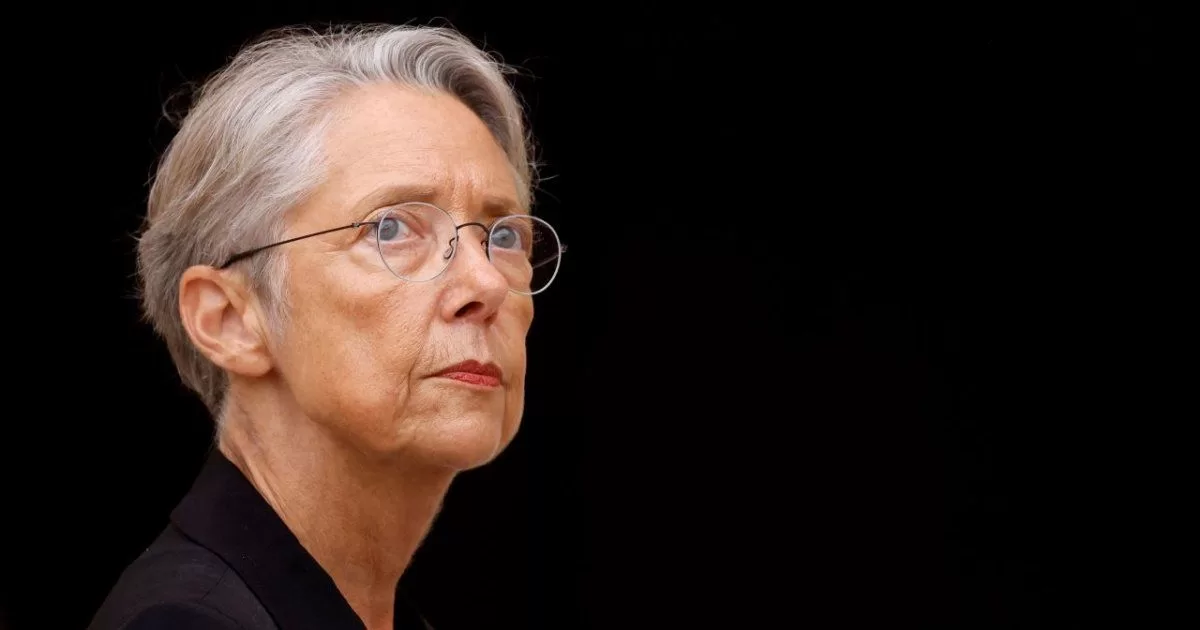More than 20 years have passed since Yevgueni Primakov, then Foreign Minister of the Russian Federation, raised the need to build a multipolar world, that is, a world where the unilateralism of the United States does not prevail. His ideas were coupled with the fundamental principles of Russian foreign policy: opposition to NATO expansion, repositioning of Russia in the post-Soviet space, independence from Western interests, Eurasian integration, and establishment of strategic relations with new countries.
In light of the events in Ukraine it becomes clear that some of these principles have not materialized. NATO has maintained a constant expansion, proof of this is the recent incorporation of Finland. Added to this, the war in the Donbas has complicated Russia’s repositioning in Europe. At present, the position of the West in the world seems constrained by the foreign policy of the United States. In addition, some economists consider that China’s drag capacity puts Russia at a disadvantage, which can be understood as a loss of independence. However, Russia has not broken its transformative impetus in international relations, has fostered strategic rapprochements with countries in the Asia-Pacific, African and Latin American regions, has sought to diversify its commercial ties and recently built its own payment system. . In this sense, some Russian analysts such as Dmitri Trenin consider that the conflict in Ukraine showed that Russia cannot trust the West and that it will no longer do so. For Trenin, article 5 of the NATO treaty is absolutely empty, since the United States, under no circumstances, would fight in Europe against a nuclear country because it would risk a devastating response.
A few weeks ago, Russia modified some of its foreign policy positions, placing even more emphasis on building a multipolar world and on rapprochement with non-hostile countries. Russian diplomacy proposes that the rapprochement with non-Western peoples (the majority of the world) should be economic, political and cultural, thus indicating that Russia’s commitment to building a new multipolar order is the configuration of a more just world. , which is based on the search for multilateralism, sovereign equality and the development of integration poles. Is it true?
Although it is not easy to decipher what the future holds for us, the war in Ukraine is the backdrop to a profound transformation process in international geopolitics. In this sense, we can take into consideration the farewell words of Chinese President Xi Jinping to Russian President Vladimir Putin after their meeting in Moscow: “A change is coming that has not occurred in 100 years. And we are driving this change together.” Russia’s actions in Ukraine and the Chinese president’s statements are not to be taken lightly.
*The author is Coordinator of the Bachelor’s Degree in International Relations, Universidad Anáhuac Veracruz. Member of the Study and Reflection Unit of the Russia-Ukraine War, COMEXI

